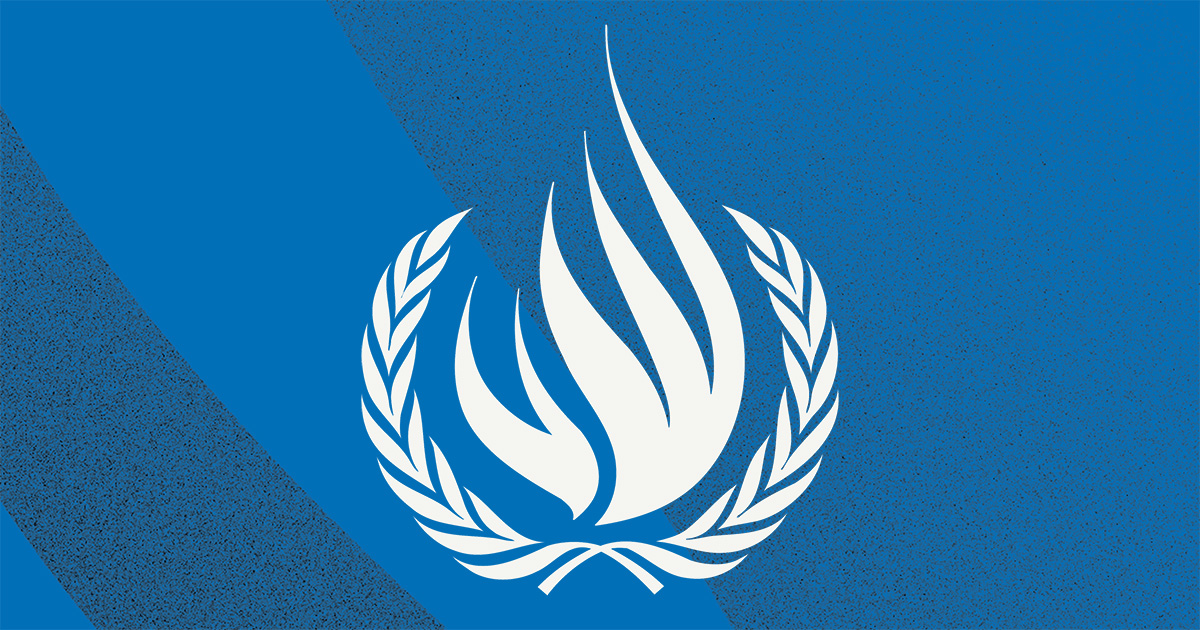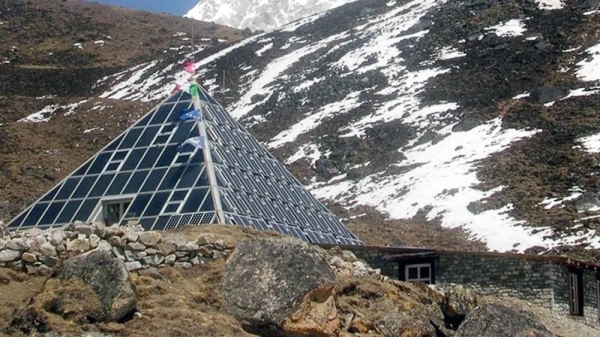
ALULA: As part of the first AlUla World Archeology Summit Symposium, held in AlUla between Oct. 30-31, an in-depth talk on climate change was held as part of a dedicated workshop.
The results of the event will be published later this year in an upcoming white paper.
Seke Katsamudanga from the University of Zimbabwe presented insights from a cyclone that hit his home country in 2019 and impacted archeological sites.
Since the cyclone destroyed important sites that had not yet been fully researched, it is unknown what was lost, he said.
“We people from different parts of the world with different views at the workshop came together today to continue discussions over the common issues. It is all connected,” Katsamudanga told Arab News.
Hans-Georg Gebel from Freie Universitat Berlin also led the discussion.
“Man should not be going against nature but should go with nature, for a better future,” Gebel told Arab News.
“We cannot change climate change — only to a certain extent — it has to be united by all the nations,” he added, praising the AlUla symposium as a pioneering effort in the field.
He praised the new archeology-centric biennale format, and said that the event offered in hope in tackling the topic of climate change within the archeological context.
The workshop was attended by 30 experts in the field. They explored the challenges presented by climate change and natural disasters on mobile communities and mobility patterns up to the present day.
Arab News also spoke to participant Elinaza Mjema, chair of the department of archeology and heritage studies at the University of Dar es Salaam.
“The light of archeology somehow was fading in some parts of the world, but through the symposium I see that the other part of the world, in AlUla, is now coming up,” Mjema said.
“Here we are looking at climate change as a threat — we are using archeology as a tool to mitigate some of the problems that we are facing as humanity today. Climate change is cutting across — it is all connected, not localized,” he added.
Many of the ceramic artifacts scattered around the ground within the ruins of AlUla are similar to those found in Mjema’s native West Africa, which he assumes is the result of historical trading connections.
“This workshop and site visits have provided climate change discourse relevant to provide lessons from the past,” he said.
“Our ancestors are happy. We are meeting again.”












